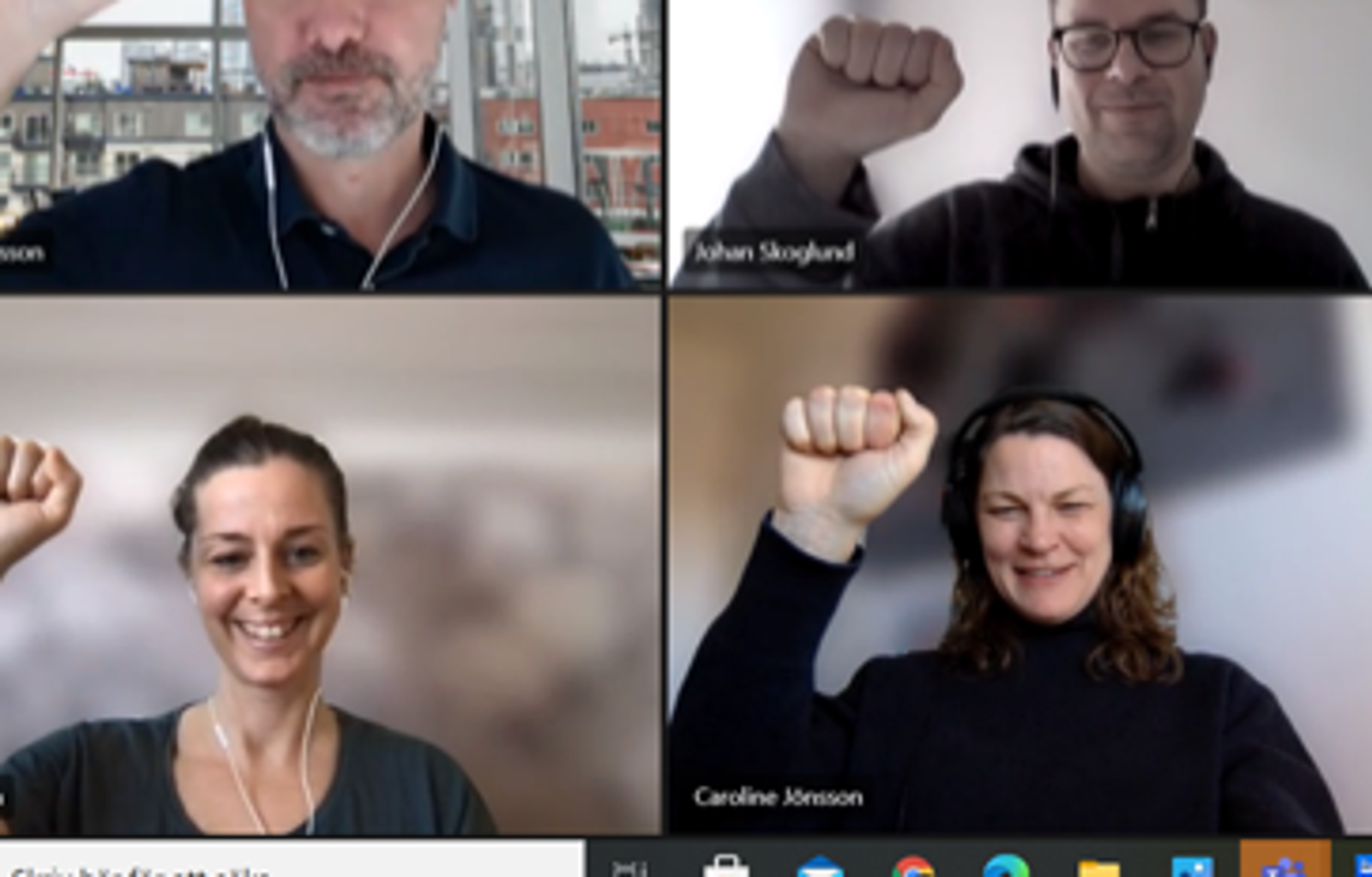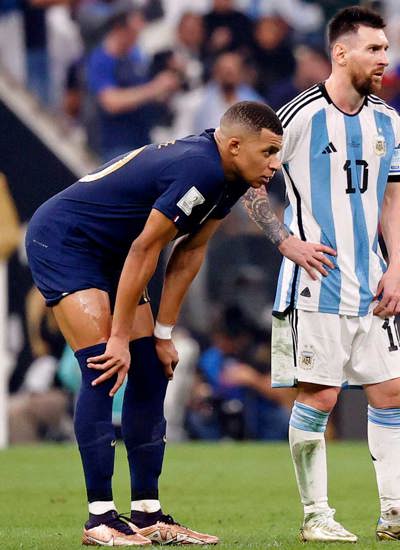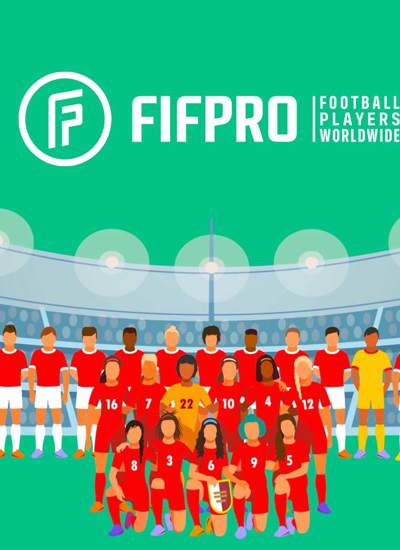
Jönsson is one of FIFPRO’s two women members of the global board. The former Sweden goalkeeper and World Cup finalist played an important role in FIFPRO’s efforts to organise women football players around the world.
“In this difficult time there is opportunity to cooperate more, to make a positive reconnection and to rebuild”
How would you evaluate the situation for women football in particular in 2021?
“This is an interesting time with the global pandemic, and as it continues you’re able to see the impact and weak points more than ever – in society, within women’s football and women’s sports in general.”
“I feel we are at a tipping point. But in this difficult time there is opportunity to cooperate more, to make a positive reconnection and rebuild by using the right resources in the right places. I am worried the balance will move in the wrong direction, that we don’t take the opportunity to work together more and that we will miss out on the resources.”
“An example is how UEFA treats the Covid-19 “bubbles” for men and women – we see the bubble breaking more and differently between the industries. You can’t say that this is about performance or which industry generates more revenue, it is purely about the health and wellbeing of players. This forms part of their basic human rights. FIFPRO has brought this to the attention of the competition organisers, and it is important we continue to do so.”
“Players are role models, but I feel as though the opportunity to speak out as a role model has been in a bit of a lock-down too”
Women’s football (and women in football) have made significate progress in recent years but it’s clearly not enough. What’s next? How can football and sports organisations help moving forward?
“This is the million dollar question!"
“But first let’s take a moment to highlight what I think is a historical moment for FIFPRO, back in 2014. It was when I first presented at FIFPRO, and they began to start accepting women members. It helped to put women’s football on the map and evolve the game. Now, within just those 6 years since, we have 10,000 female players.”
“Over the past years, I think there has certainly been a lot of progress in the situations surrounding the women’s game and football more broadly. Players are also growing their awareness and helping to advance positive change. It also shows a need to be more connected and to connect their voices to the development of the game going forward. This requires collaboration between all stakeholders moving towards the same goals.”
“Organisations and players can greatly contribute to this through their activism and powerful statements. Sports, such as football, have shown that they can become a place where politics and societal issues can be discussed to the benefit of both sport and society. Players are role models, but I feel as though the opportunity to speak out as a role model has been in a bit of a lock-down too. But, as always, the biggest question is what kind of role model the players want to be, and what sort of leadership does the sport want to show?”
“I truly hope we will challenge and speak out every day of the year”
This year’s theme is #ChooseToChallenge – what would you say women in football’s challenges are today and why it’s so important to highlight them on day like this?
“Whilst it’s good to celebrate, it is important to turn that around and make this cause not just one that we only speak about today. We should also challenge each other during the other 364 days, share stories as well as show the opportunities and possibilities for continuing to take steps forward.”
“It is great to have one day where we celebrate this more than others, but I truly hope we will challenge and speak out every day of the year – even though it is hard. So, next year we can celebrate this day with an enormous collection of stories about having challenged inequality successfully on multiple days and occasions.”


